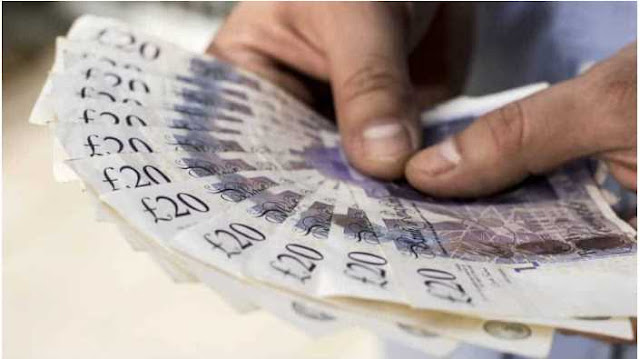Maybe you are a grandparent hoping to support your grandkid's uni training or assist them with putting down a store for a home loan. Or then again perhaps a relative has money related troubles and you are in a situation to help. Perhaps you have handled a fortune and need to blessing money to relatives to spend as they wish. Whatever the explanation, you may be thinking about how much cash you can provide for family tax-exempt.
All things considered, here's all that you have to know.
Can you give money to family tax-free?
The straightforward response to this inquiry is yes. Be that as it may, this is subject to who the cash is going to, the amount you are giving, when you are giving it, and once in a while even the explanation behind giving it. By understanding these elements, it is really conceivable to offer cash to relatives totally tax-exempt.
How much money can you give to family tax-free?
There are a few situations where you can offer cash to relatives tax-exempt.
To start with, any cash you provide for your life partner or common accomplice is tax-exempt, paying little mind to the sum. This applies to cash given while alive and any acquired in the afterlife. It is important that just living together doesn't qualify you for this specific assessment exception. You should be lawfully hitched or have a legitimately perceived common organization with an accomplice.
You can likewise part with a limit of £3,000 tax-exempt to any relative consistently. This is your yearly exception as a resident of the UK. You can convey the yearly £3,000 exception forward to the following year, however not farther than that. This implies you may, probably, have £6,000 of yearly exclusion accessible for use in any one year.
A conceivably absolved exchange (PET) additionally permits you to offer cash to family tax-exempt. This is a lifetime move that remaining parts excluded from charge if the individual moving the cash gets by for over seven years in the wake of making the exchange. On the off chance that they pass on inside those seven years, the blessing gets at risk to legacy charge.
In any case, just the sum over the nil rate band (which is right now £325,000) will be burdened. On the off chance that you plan on offering cash to a relative to diminish legacy charge, it is along these lines helpful to track the sum you gave, who you offered it to, and when you gave it. With this, the agent of your bequest can without much of a stretch work out the sum that is at risk to burden.
Also, little endowments of up to £250 every year are absolved from legacy charge. You can, accordingly, give the same number of endowments as long as they don't surpass £250 each and are given to various relatives.
Nonetheless, you can't blend and match the little blessing stipend with different exceptions, for example, the £3,000 yearly exclusion. For instance, assume you blessing a relative £3,250. You can't guarantee that the entire sum is tax-exempt as the yearly exclusion covers the first £3,000 while the remaining £250 is secured by the little blessing stipend exception. The extra £250 will be burdened.
How else can you give money to family tax-free?
Each expense year, you can likewise give cash tax-exempt in the accompanying circumstances:
A wedding or common service money endowment of up to £1,000 per individual (guardians can blessing as much as £5,000 to their youngster, while grandparents and incredible grandparents can blessing up to £2,500).
An ordinary money present, for example, a birthday present, out of your salary (as long as you can keep up your present way of life in the wake of giving the present).
An installment to help with a relative's living expenses (for example an old family member or a youngster under 18 years of age).
A wedding or common service money endowment of up to £1,000 per individual (guardians can blessing as much as £5,000 to their youngster, while grandparents and incredible grandparents can blessing up to £2,500).
An ordinary money present, for example, a birthday present, out of your salary (as long as you can keep up your present way of life in the wake of giving the present).
An installment to help with a relative's living expenses (for example an old family member or a youngster under 18 years of age).




2 Comments
Read How to earn money.. Www.techcaro.com
ReplyDeleteThanks for sharing nice information.
ReplyDeleteMysmartodisha
Hindi Me jankari
Odia Dictionary
Odisha Govt Jobs